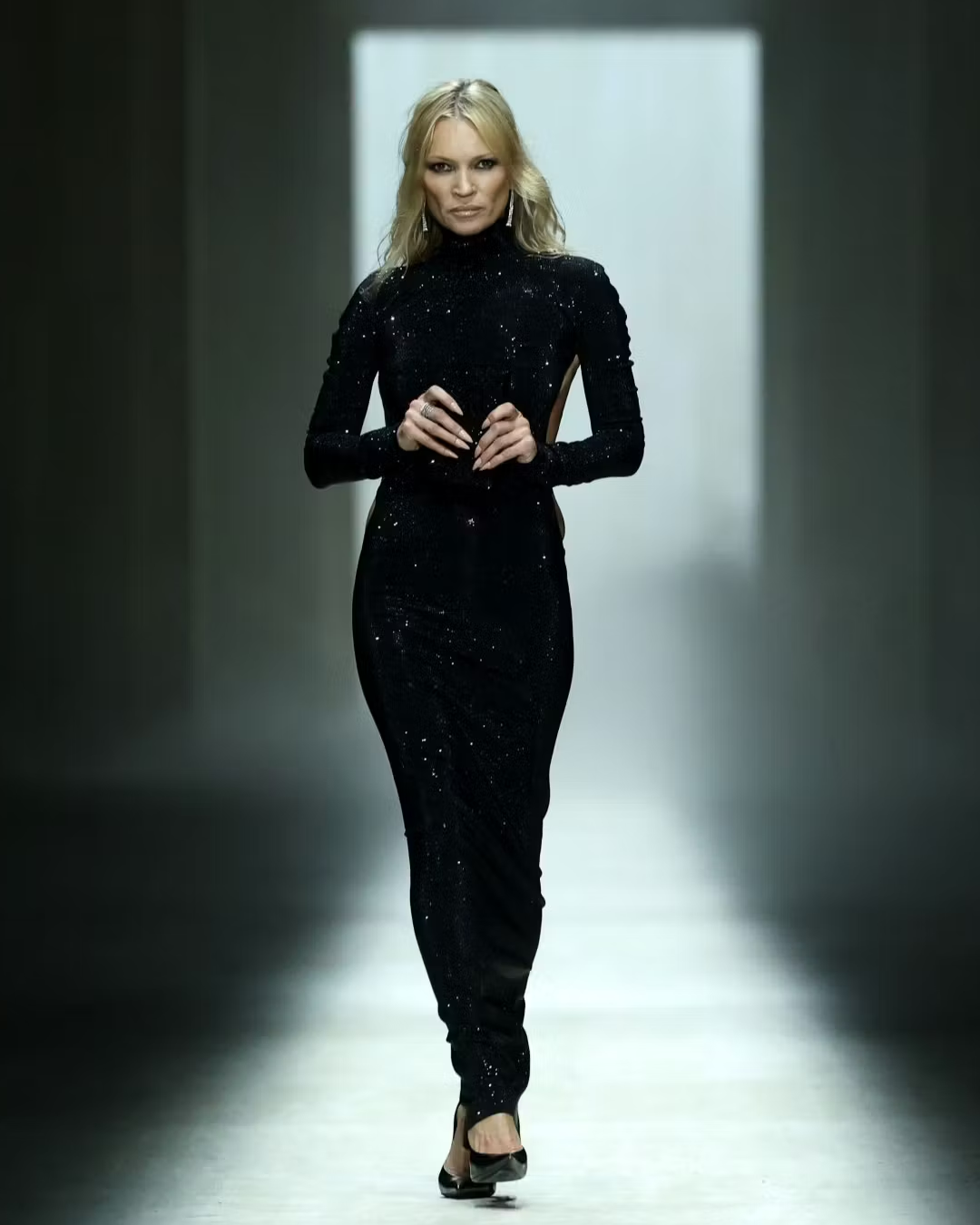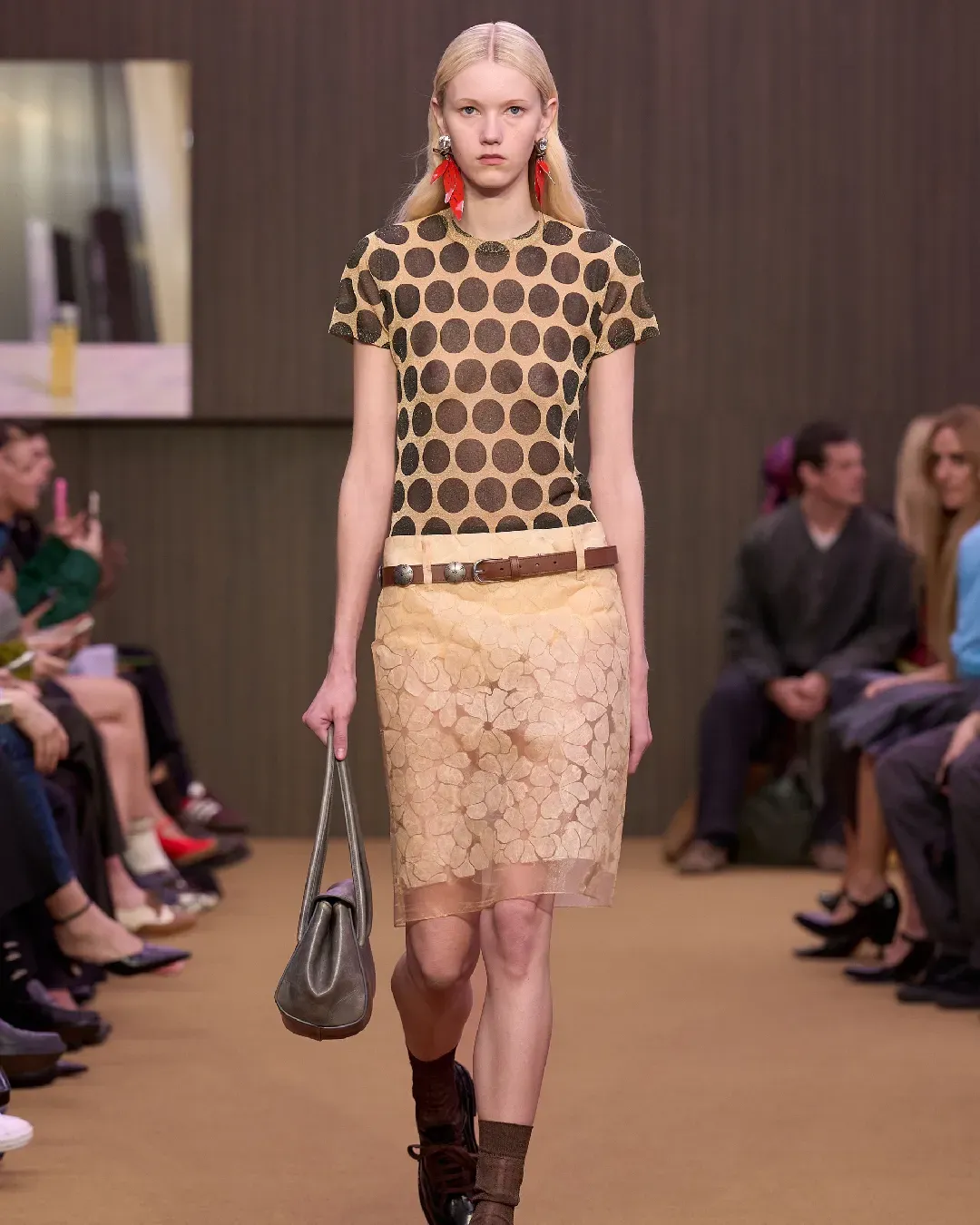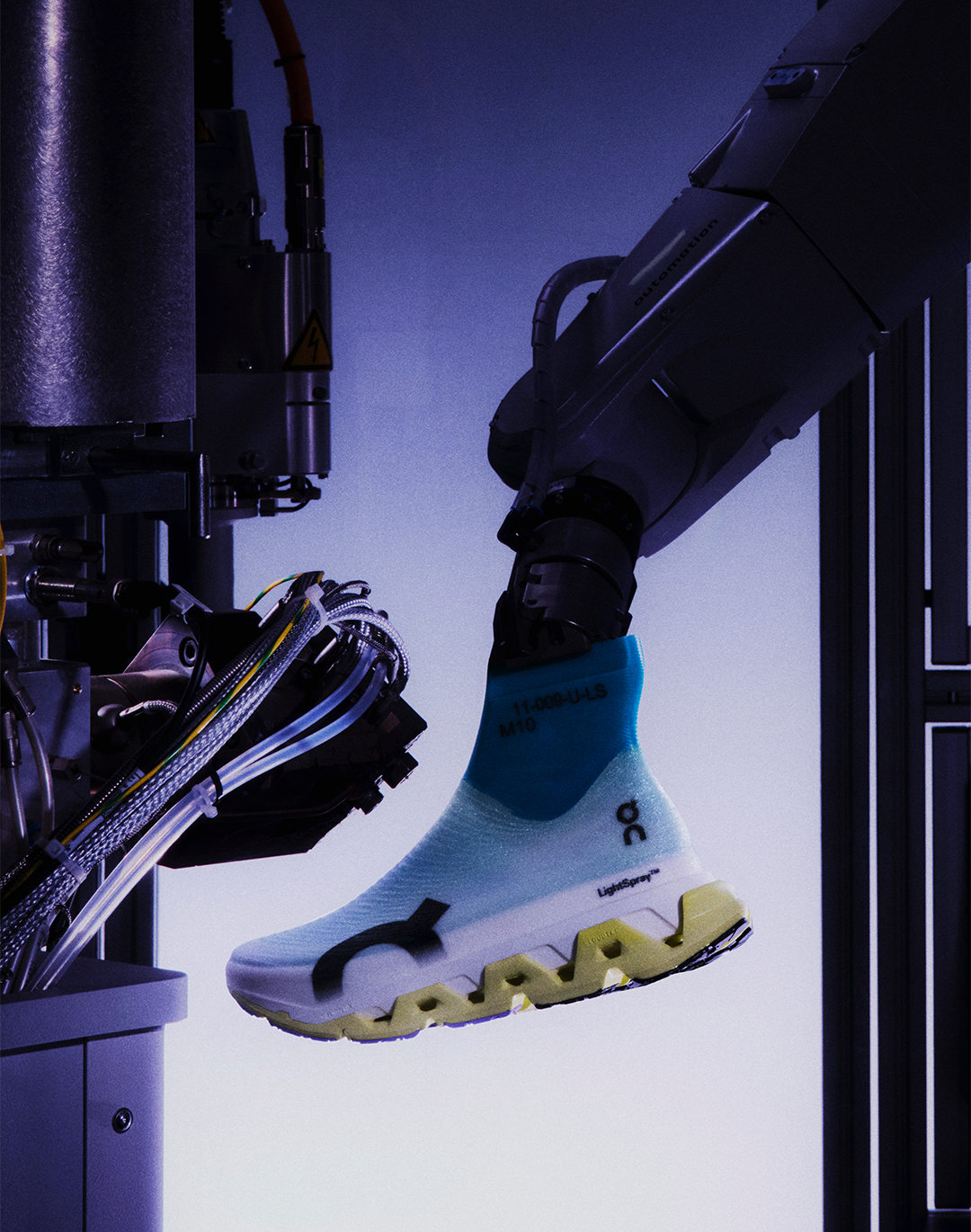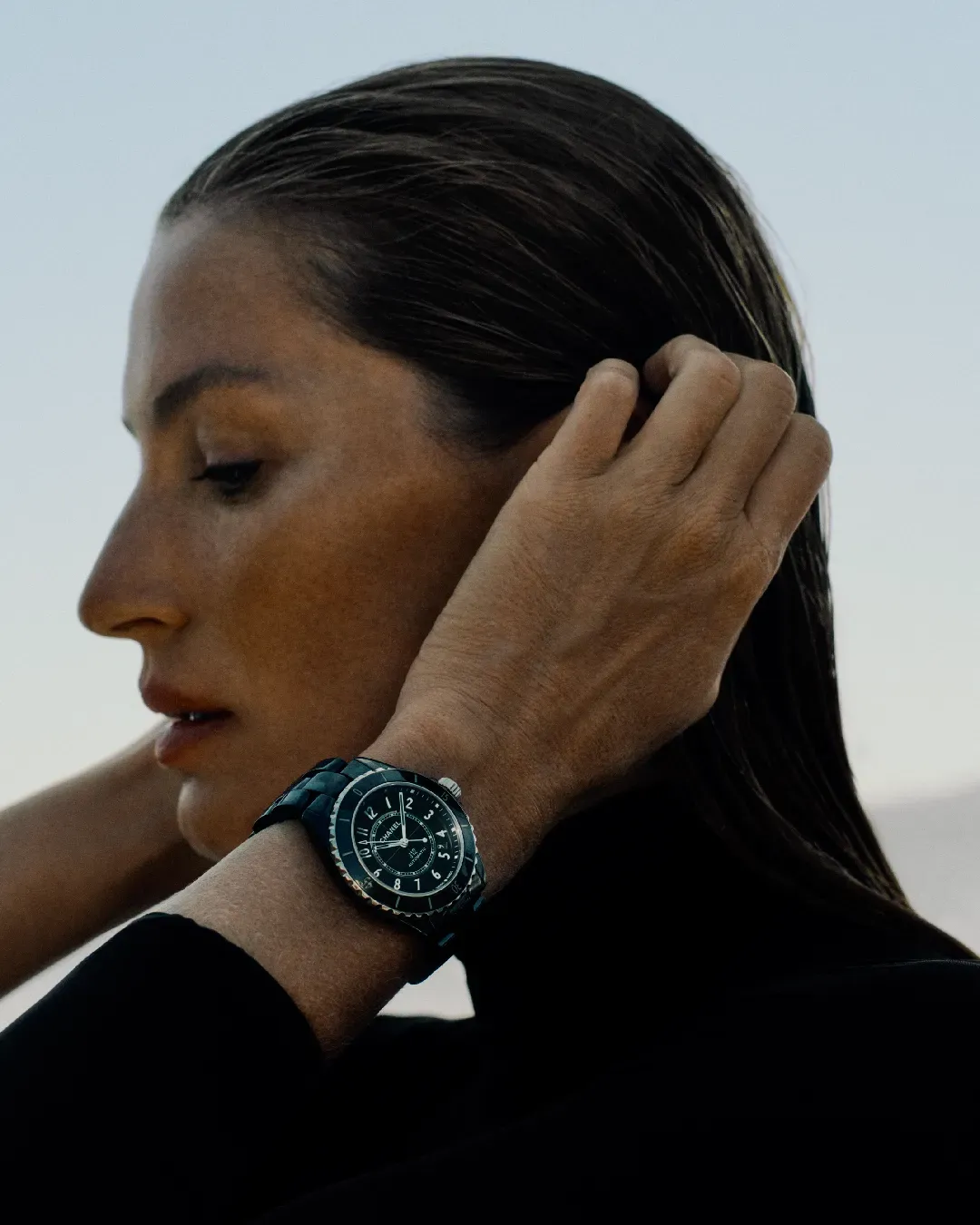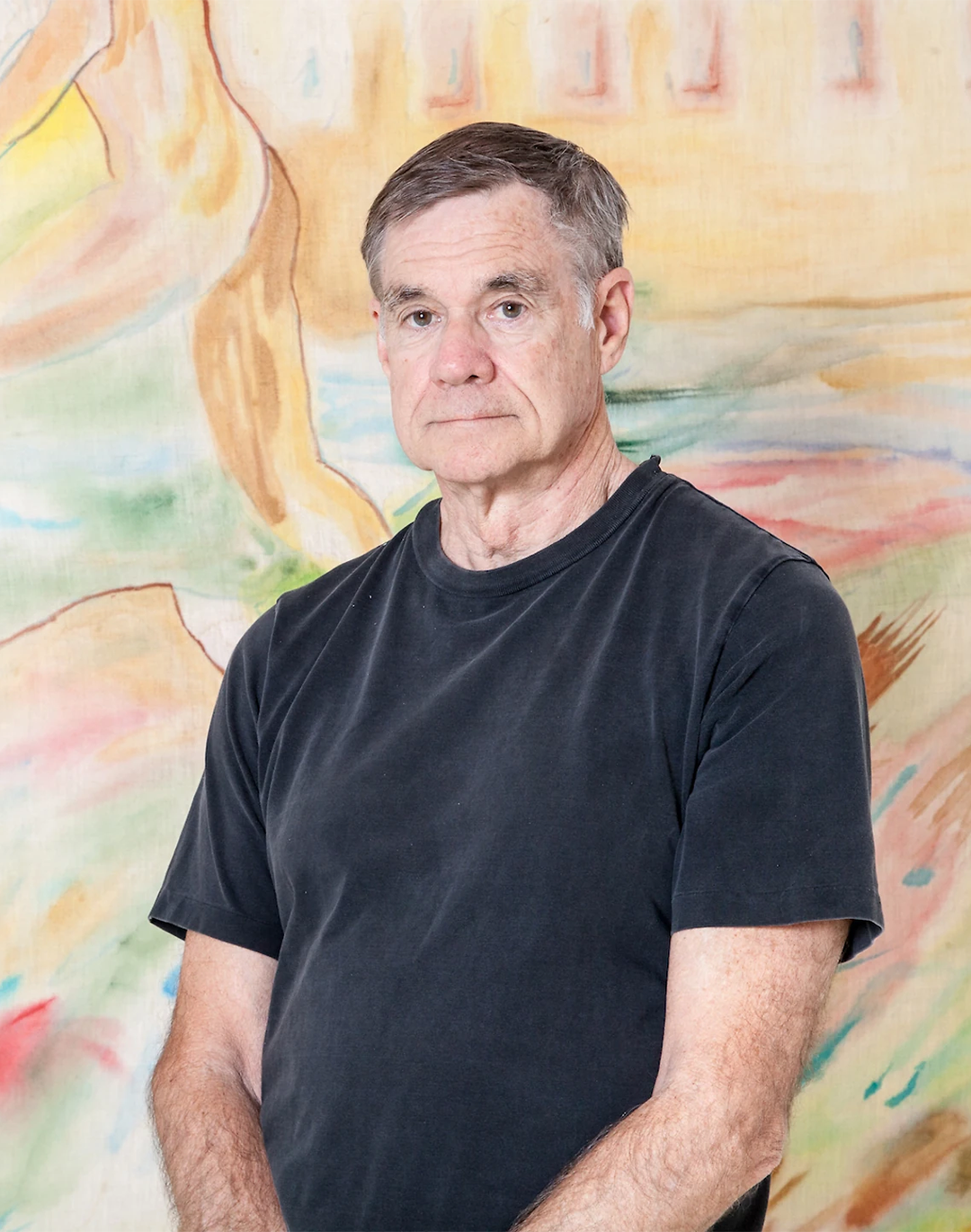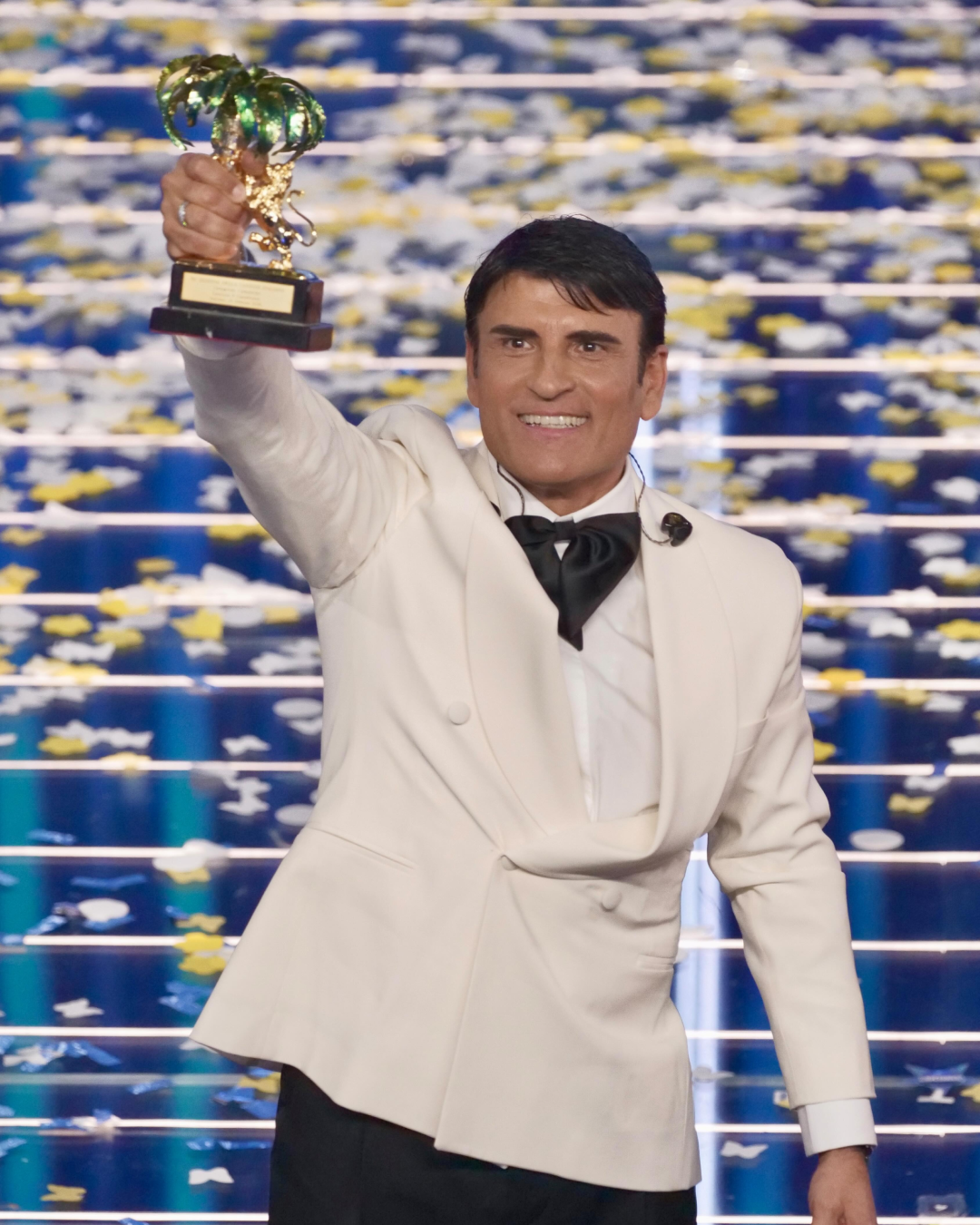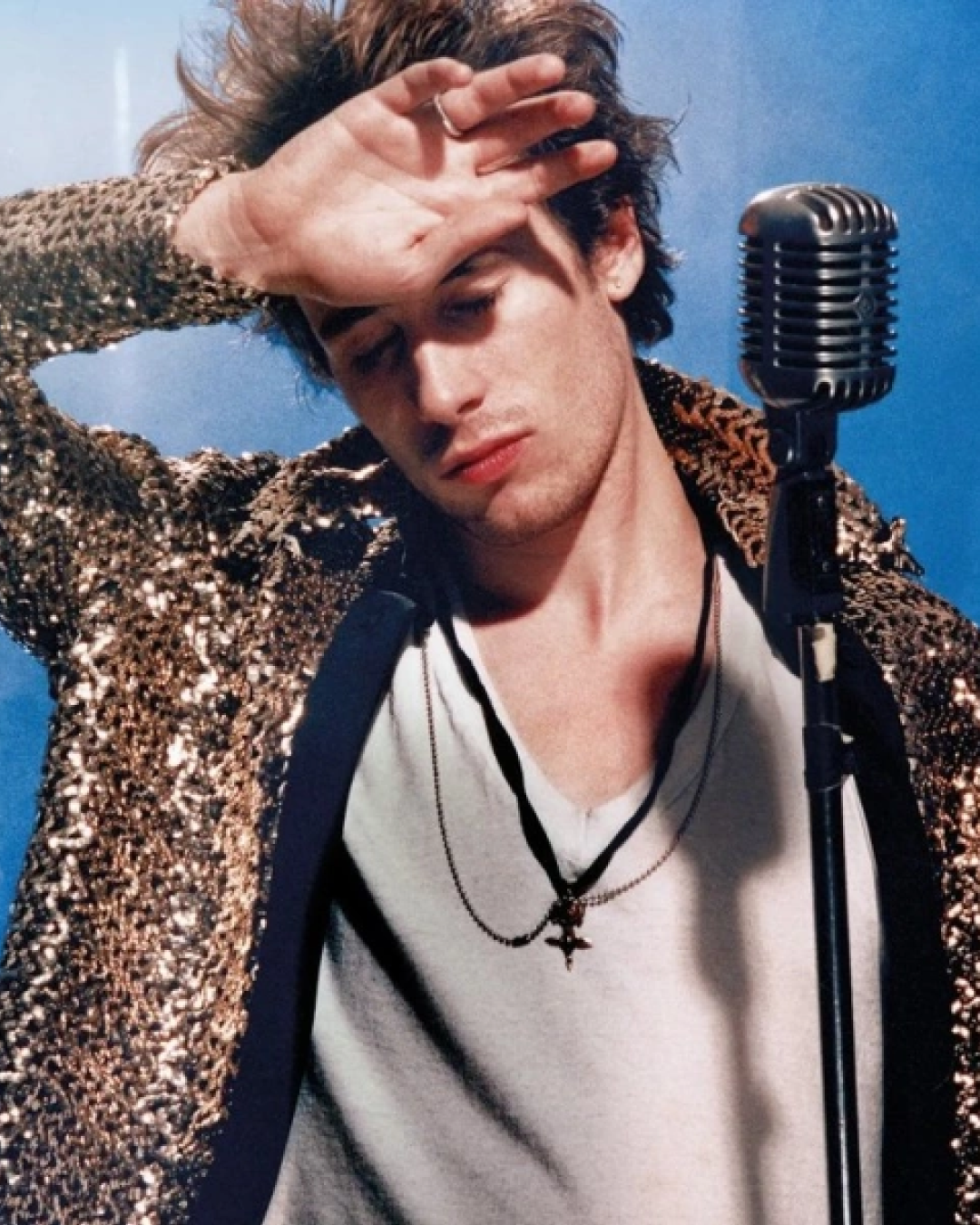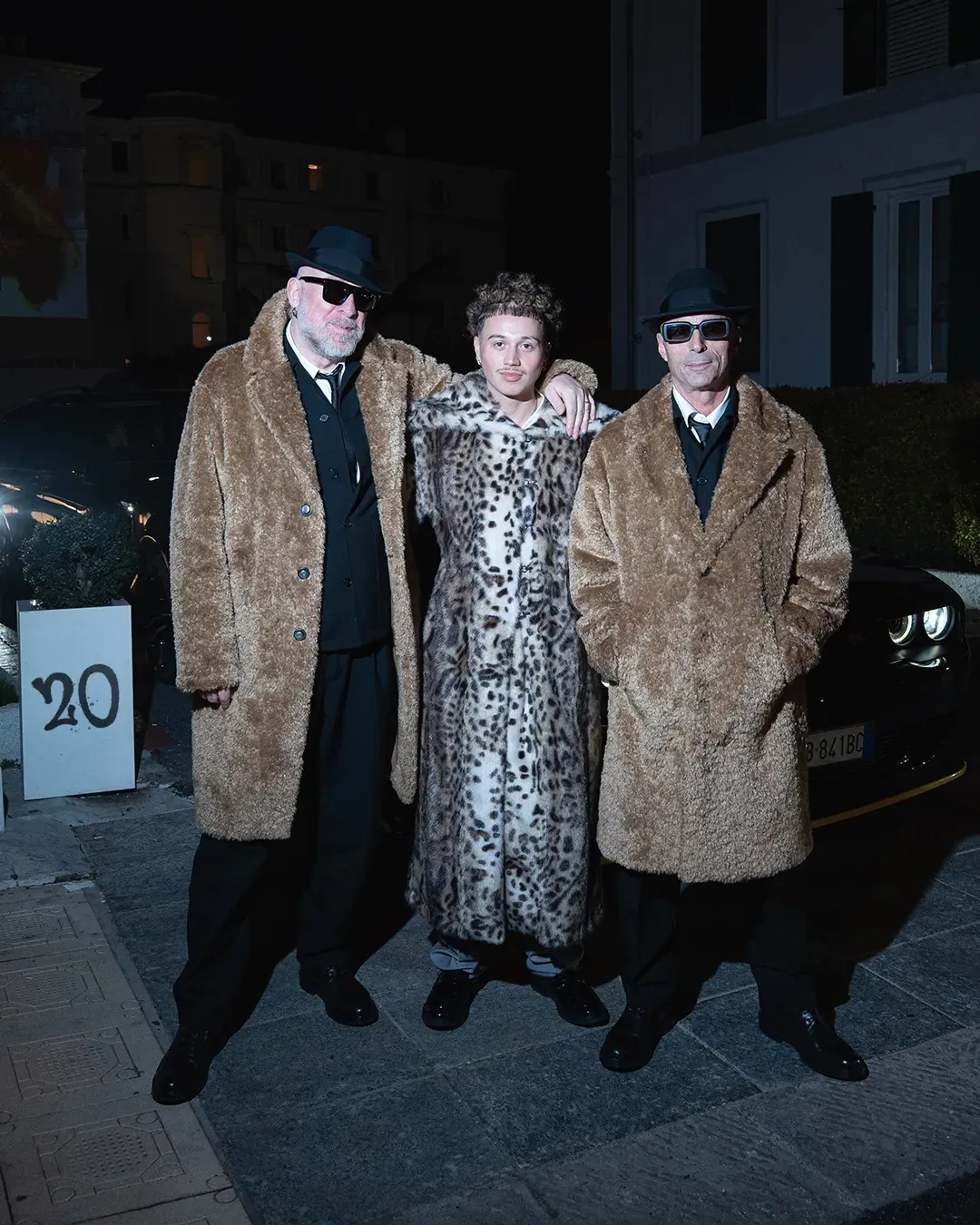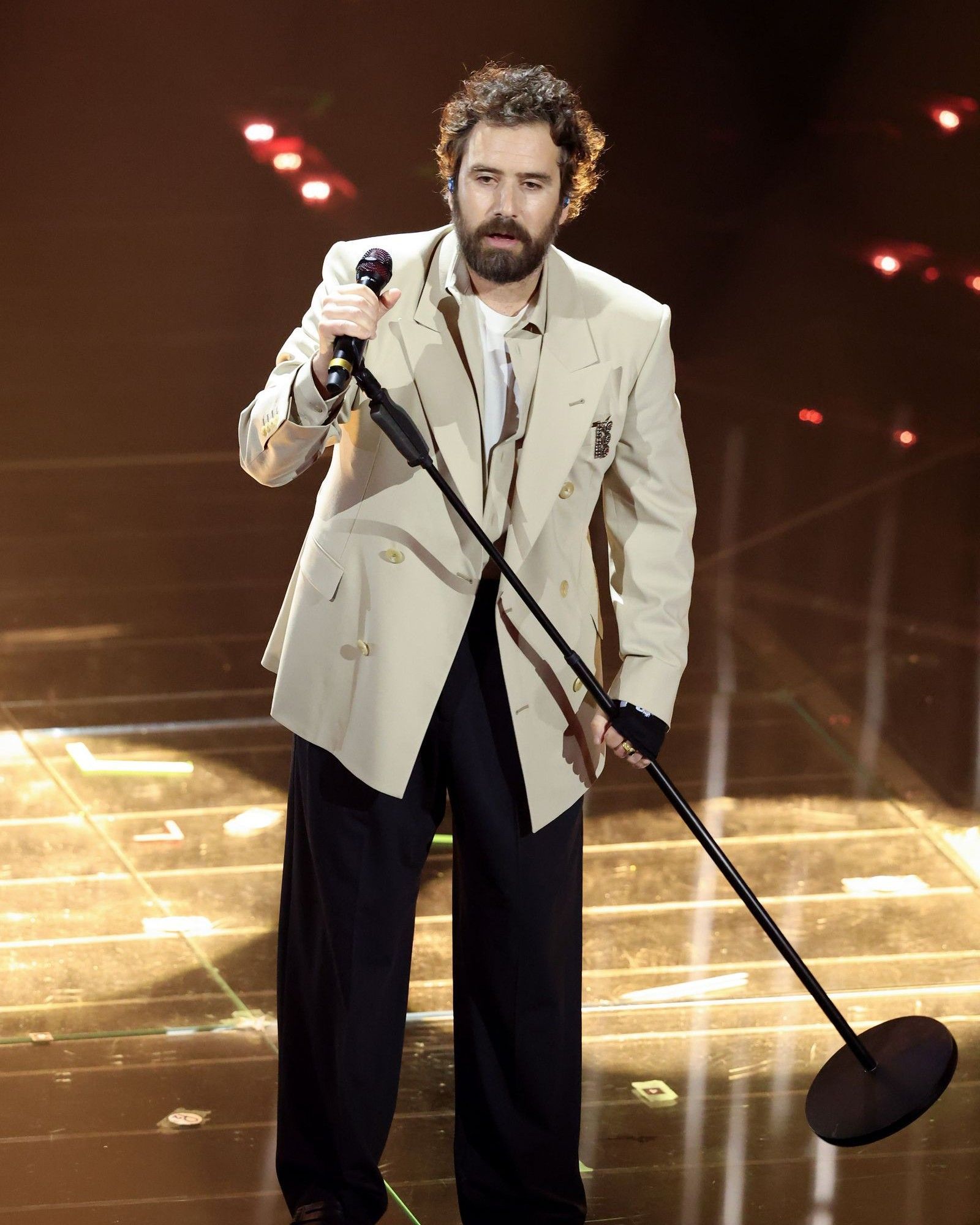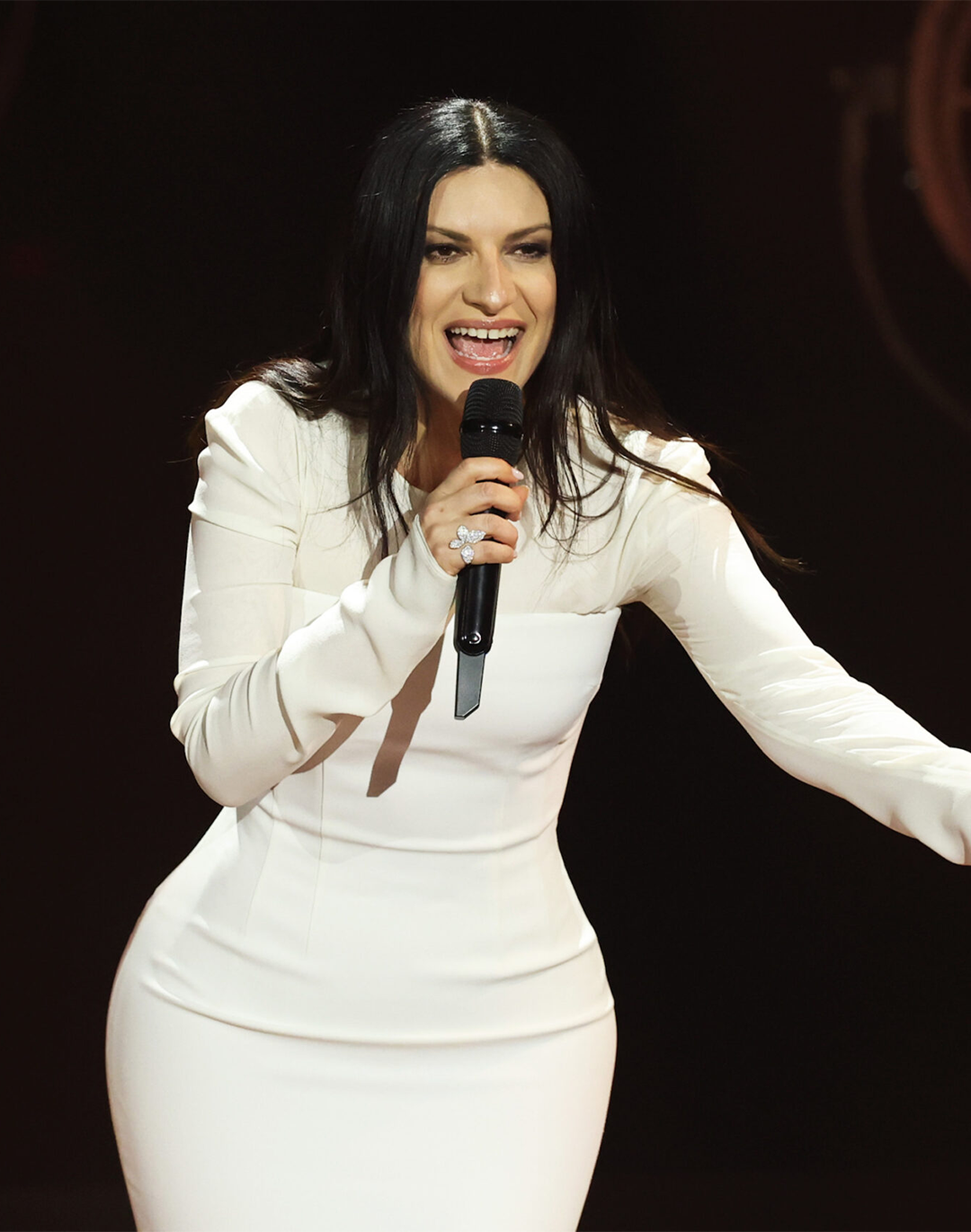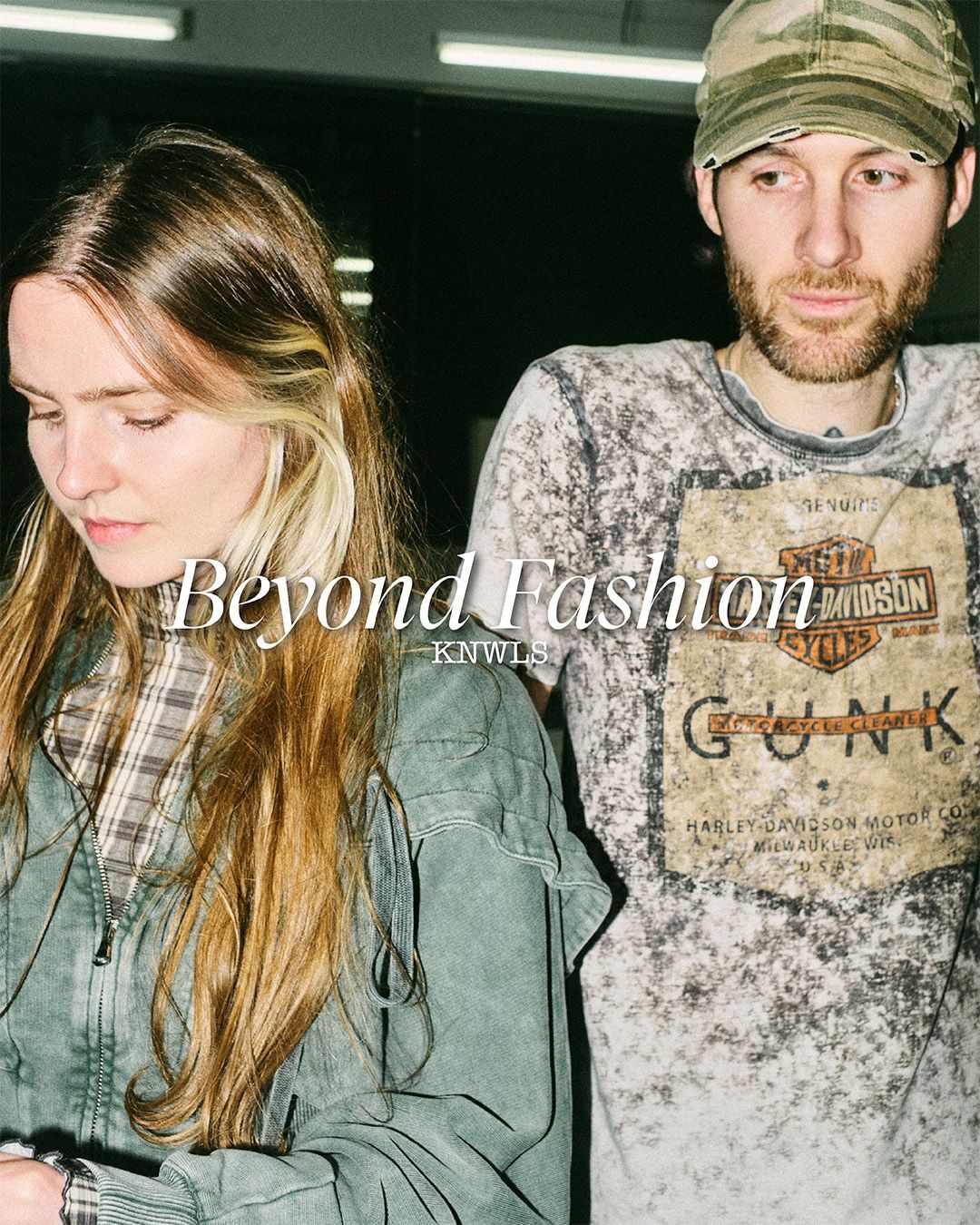
Do fashion prizes really help emerging brands? Recognition doesn't pay the bills, even in the wonderful world of fashion
Young designers who are making it know how the fashion system works, perhaps better than anyone else. During the formative years when staying up all night to do research is the norm, they are trained to become designers rather than company employees, a process that leads most design students to dreaming of opening their own brand. But while during the course of study, fantasising and aiming high seem permissible, once the degree is obtained, one finds oneself disoriented, alone in the face of a mountain of possibilities and obstacles. For the success of a new brand, contacts and money are needed, but how to obtain them? Some rely on awards such as the British Fashion Awards in London or the Fashion Graduate in Italy. But what exactly are they for? Last night, on a star-studded red carpet, celebrities and industry figures celebrated British fashion at the London Fashion Awards. Jonathan Anderson, Paloma Elsesser, Martine Rose and Sarah Burton were honoured for their achievements, while Bianca Saunders and Chopova Lowena won the New Establishment award. Two brands that can now be said to be established but still have a long way to go, the two designers' brands were celebrated for one evening only. The rest of the year they rolled up their sleeves on their own.
There are various fashion competitions worldwide that young designers can participate in to obtain funding and, equally important, visibility. The most popular ones are ITS, the International Festival of Fashion in Hyères, and the largest one, the LVMH prize. Most offer money, collaborations, or, in the case of the latter example, a job at one of the houses of the French conglomerate. At first glance, all this may seem enticing, but it's worth asking what the intentions are behind such initiatives: is it genuine support for young talent or another means of self-promotion veiled in philanthropy? In recent years, there has been a growing trend of charity among fashion stars. In a world where capitalism reigns supreme but has felt the effects of the so-called "woke culture," the only plausible choice to stay on the runway and behind the DJ booth at afterparties without being criticized on social media is to promise and demonstrate having a heart through donations. While the current media traction that fashion awards for young designers are receiving seems promising for the future of fashion, it also reflects the multifaceted reality of the system: industry insiders know that the environment is exclusive, so why pretend it's not?
Igor Dieryck, a graduate of the 2022 master's program at the Royal Academy of the Arts in Antwerp, is the winner of the 38th International Festival of Fashion in Hyères. A few weeks after the victory, he says that the prize served him mainly to meet many people. «I am not sure if [the festival] helps you directly to find a job, but for some people it does. I heard some of my friends who did manage to find a job through it. It helps a lot with starting a brand, meeting a lot of industry people and buyers,» he says. The most important aspect is that different designers get different things from the festival, so one must approach it in the right way for oneself. «It can be worth it – one single person believing in you can make a big difference,» he adds. For Dieryck, meeting young designers was the most important thing. «It is great to meet designers who are as ambitious and driven as you are. They worked on their collection, and sometimes they had to do it alongside a job. I am most excited about seeing how everyone is going to evolve in the coming years.» A recent tweet from fashion consultant and editor Brenda Weischer, alias Brenda Hashtag, also emphasised the importance of participating in fashion competitions: even one person saying your name could change your life.
im serious. apply to ALL prizes at all times if you have a brand. don’t miss the deadlines. even if you think you don’t stand a chance, it’s free pr, even if ONE person on the panel reads your name. so many free resources out there, make use of them
— brenda (@brendahashtag) November 8, 2023
Despite participating in an event like the British Fashion Awards or the LVMH prize being an excellent choice for the public relations of your brand—and in the case of winning, also for finances—a prize is not enough to keep a brand alive. In fashion, there are two currencies: money and reputation. Just as a designer needs money to support themselves and their brand, they also need a reputation, which can be confined to the fashion system or spill over into the mainstream. London designer Dilara Findikoglu recently told the New York Times that she was forced to cancel her runway show due to financial difficulties, exactly one season after her brand gained indescribable fame, from the FW24 runway to red carpets worldwide. Despite her knife dress, one of the most acclaimed looks of London Fashion Week FW24, appearing on several covers and being chosen by Hari Nef at the Barbie premiere in London, the fame gained in the preceding months failed to translate into sales.
harinef being the first person to wear this knife dress from the dilara findikoglu ss23 collection is A SERVE!! pic.twitter.com/FN9XIKbJ4r
— DIDU (@muglare) July 12, 2023
The victory at the 38th International Festival of Fashion in Hyères granted Dieryck a cash prize. «I got some money to make the collection, but I don’t think it will be enough,» the designer says. «Nowadays it is super expensive to launch your own brand. Cities are getting super expensive. If you want to stay in the fashion hub, you need to have a big budget. You need investors outside the festival to make it.» Fashion awards, whether it's Hyères, ITS, the British Fashion Awards, or the LVMH graduate prize, are not really for university graduates who need a helping hand, but for emerging designers who have already achieved success—the prize is not assistance but recognition. They certainly offer rich networking opportunities, but unfortunately, they don't solve the longstanding problem of disparity in the fashion system: supporting a brand requires a huge amount of money, and without an investor, independent companies have short legs.

